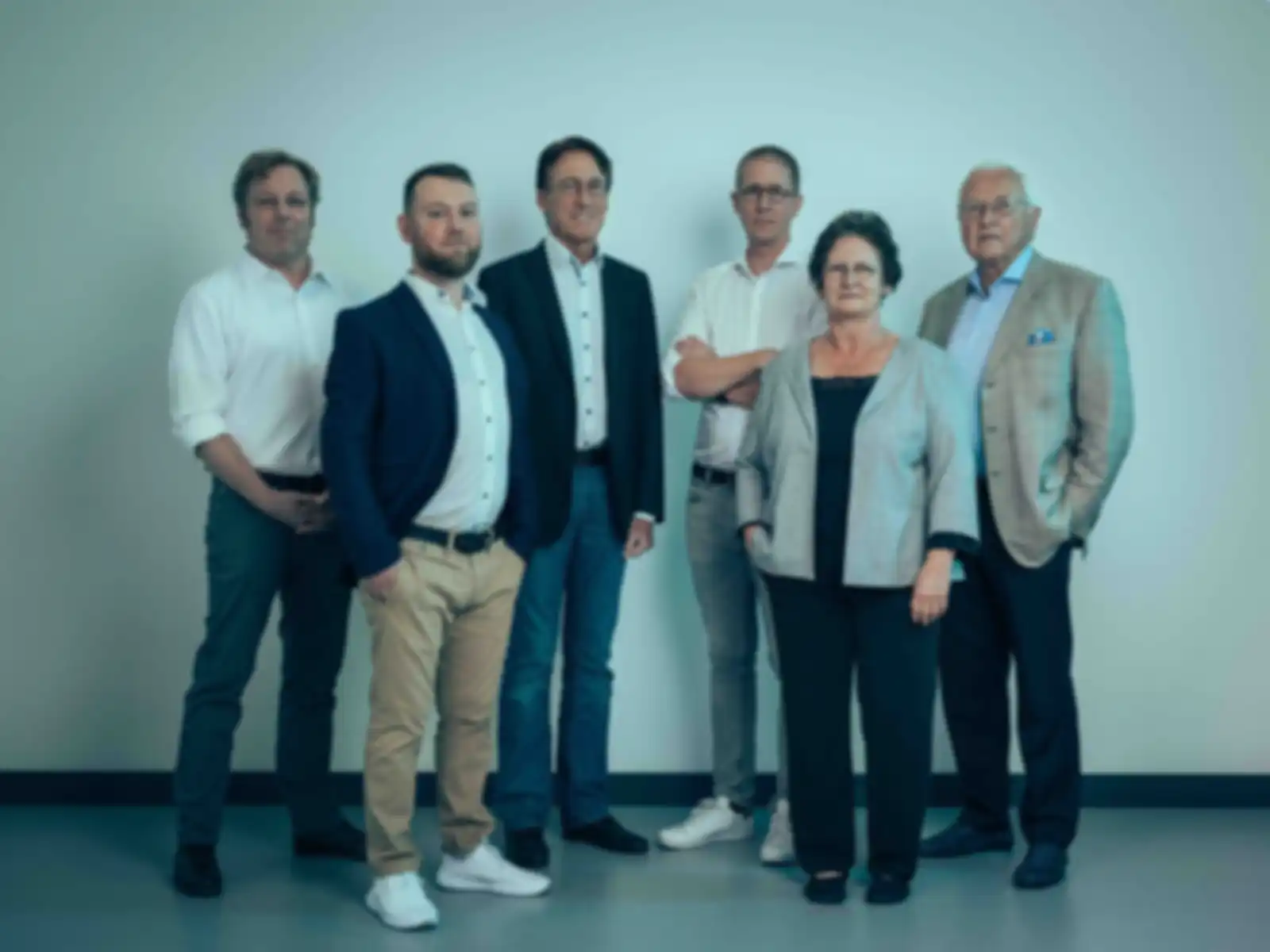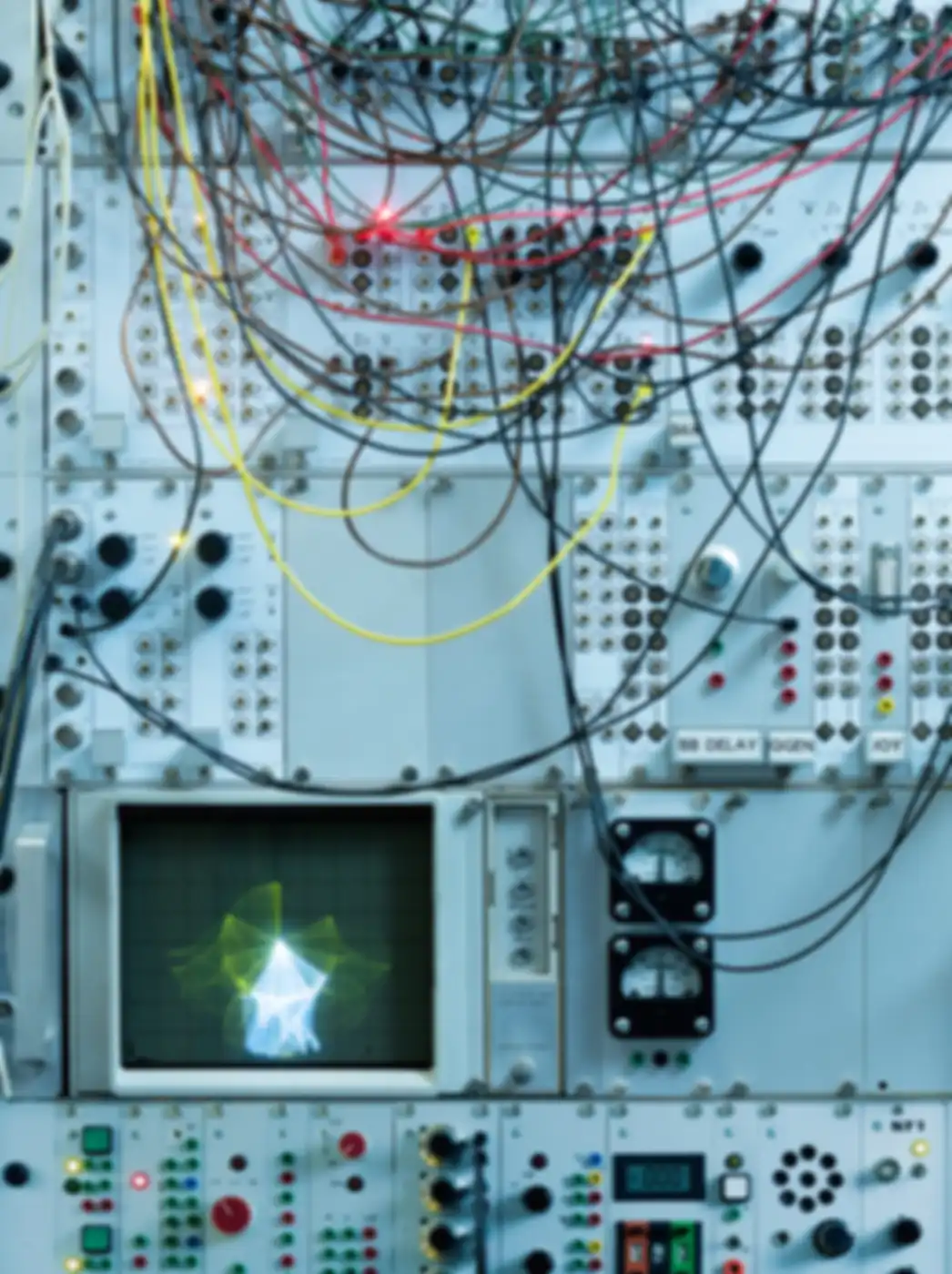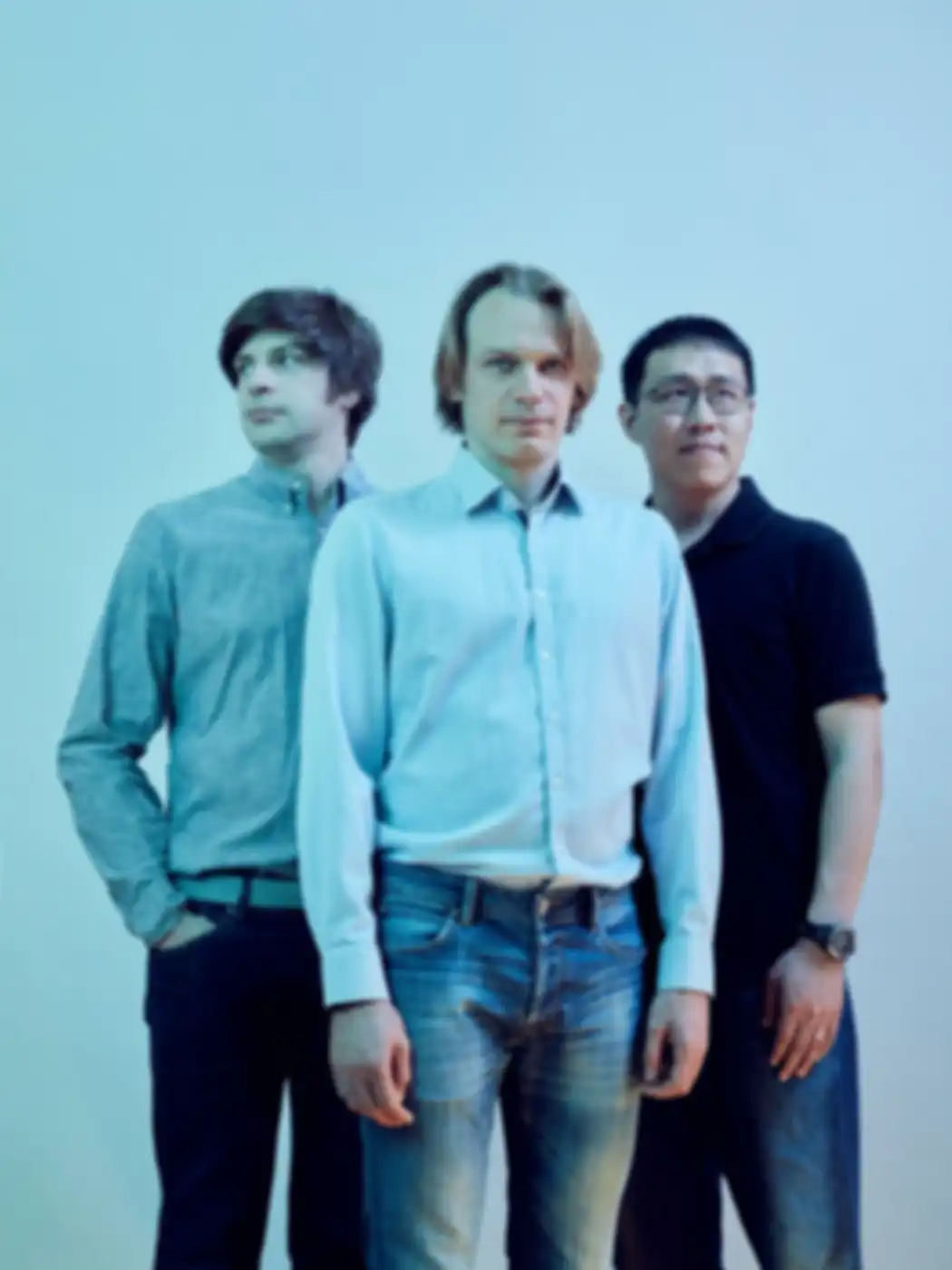Curative destruction: How Alzheimer’s disease can be defeated
The innovator: Dieter Willbold, Alzheimer’s revolutionary
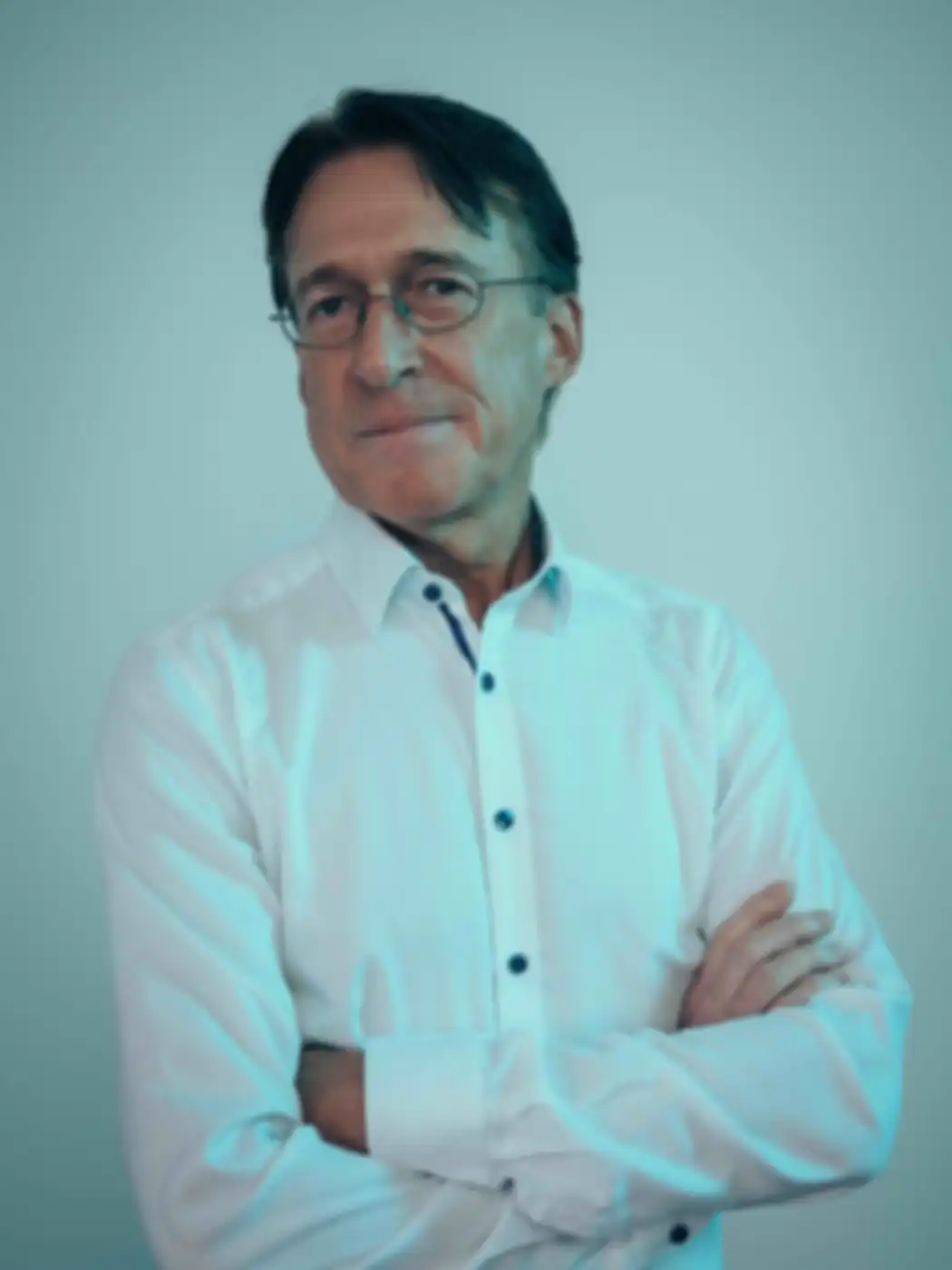
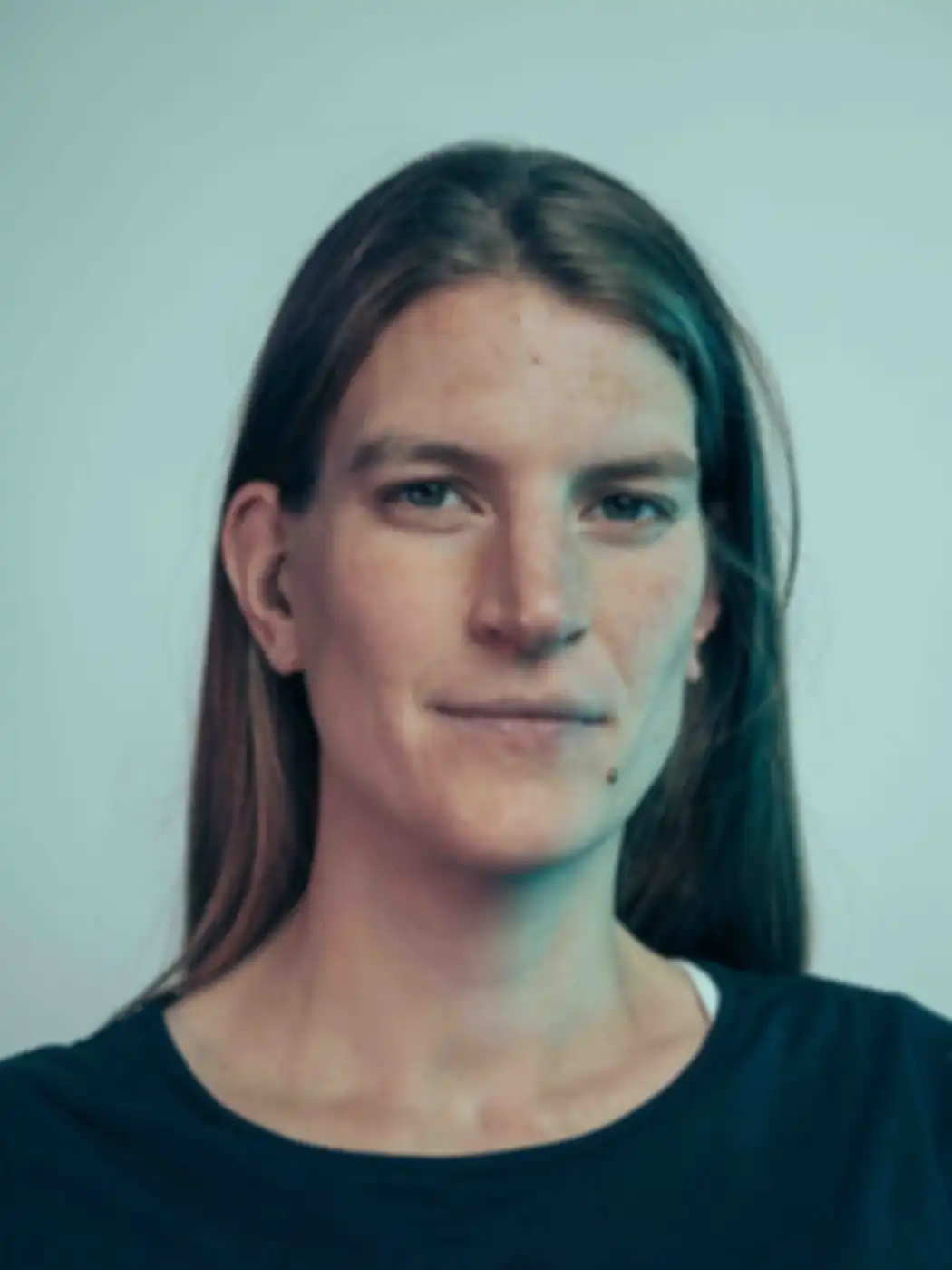


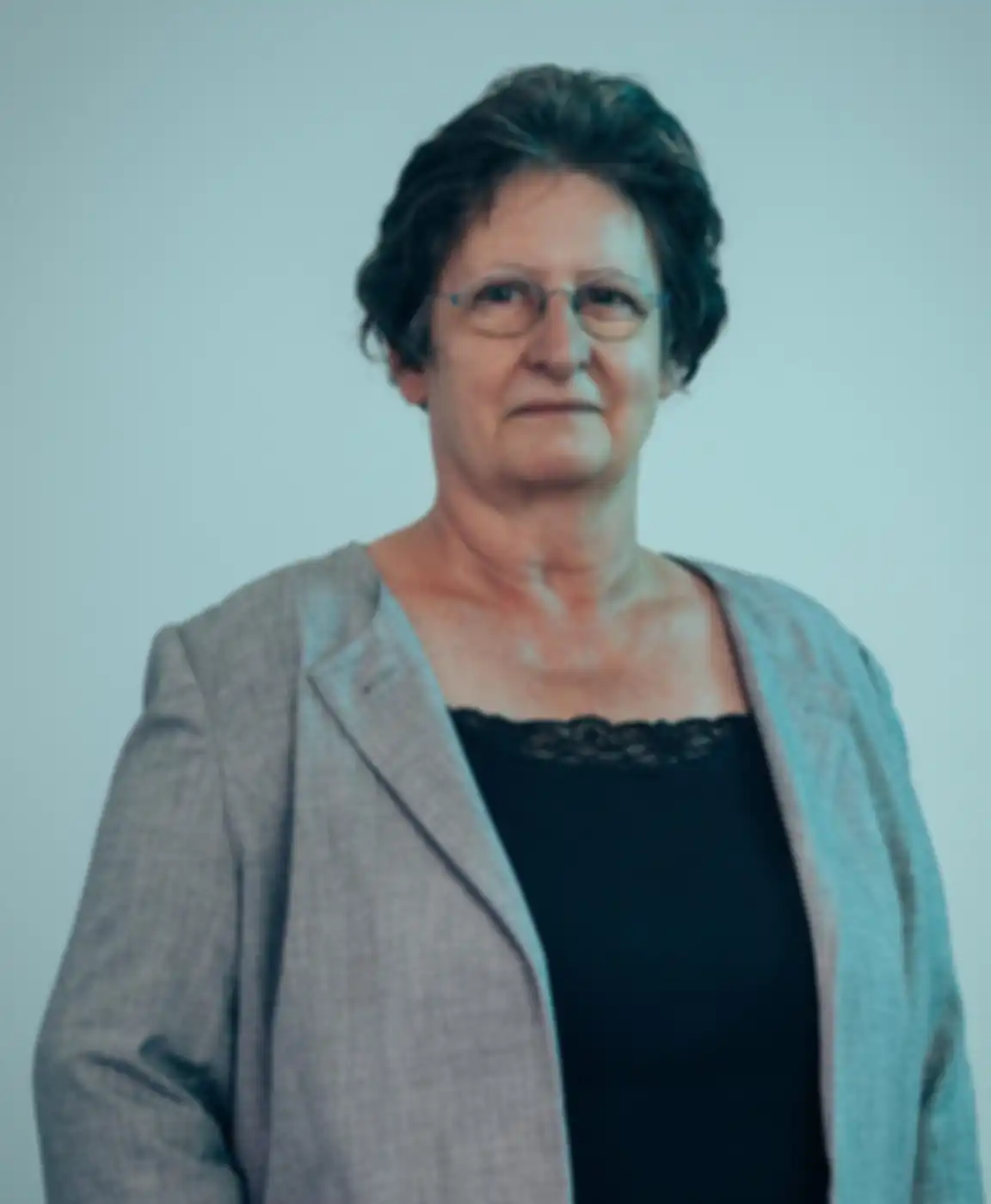
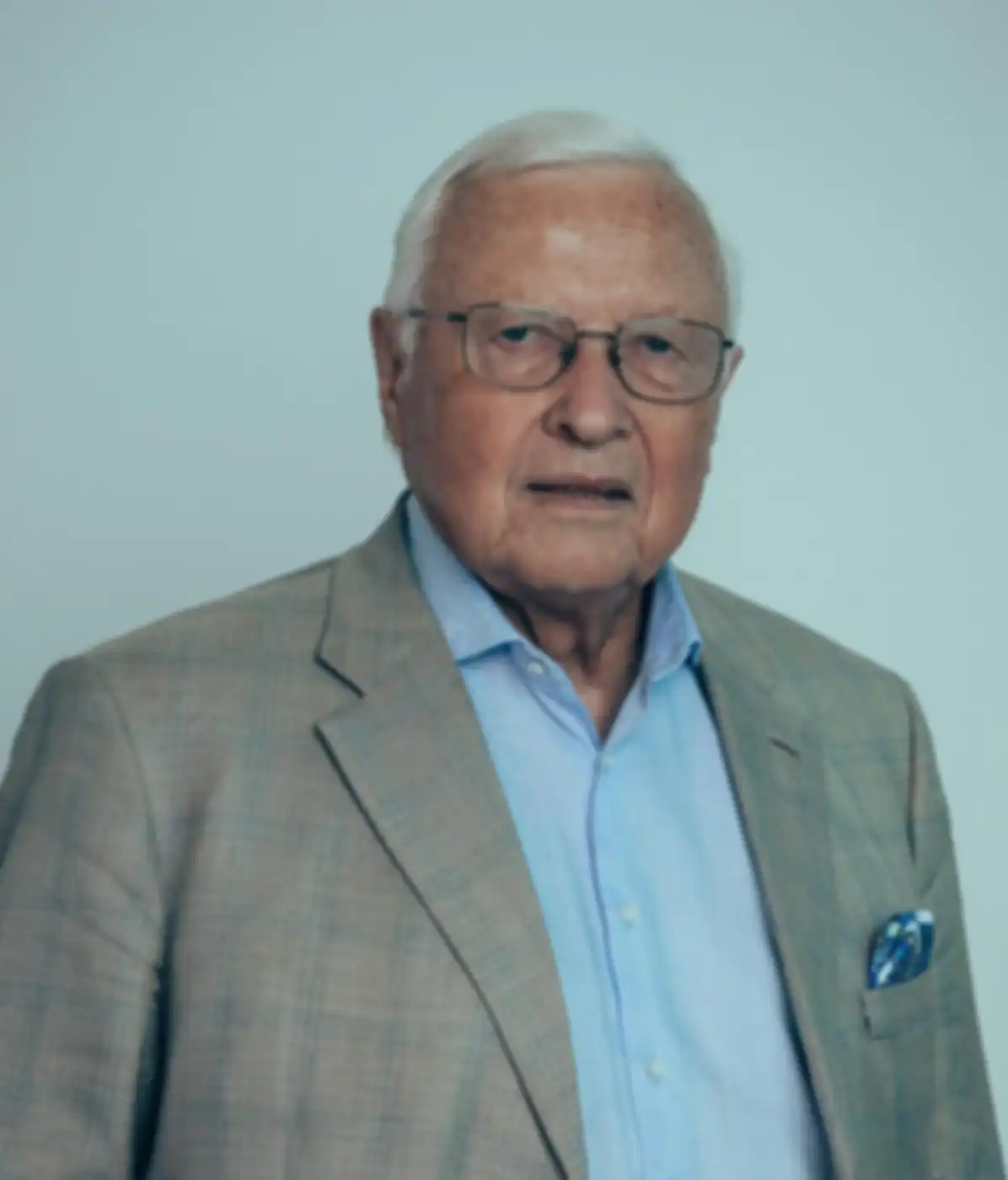
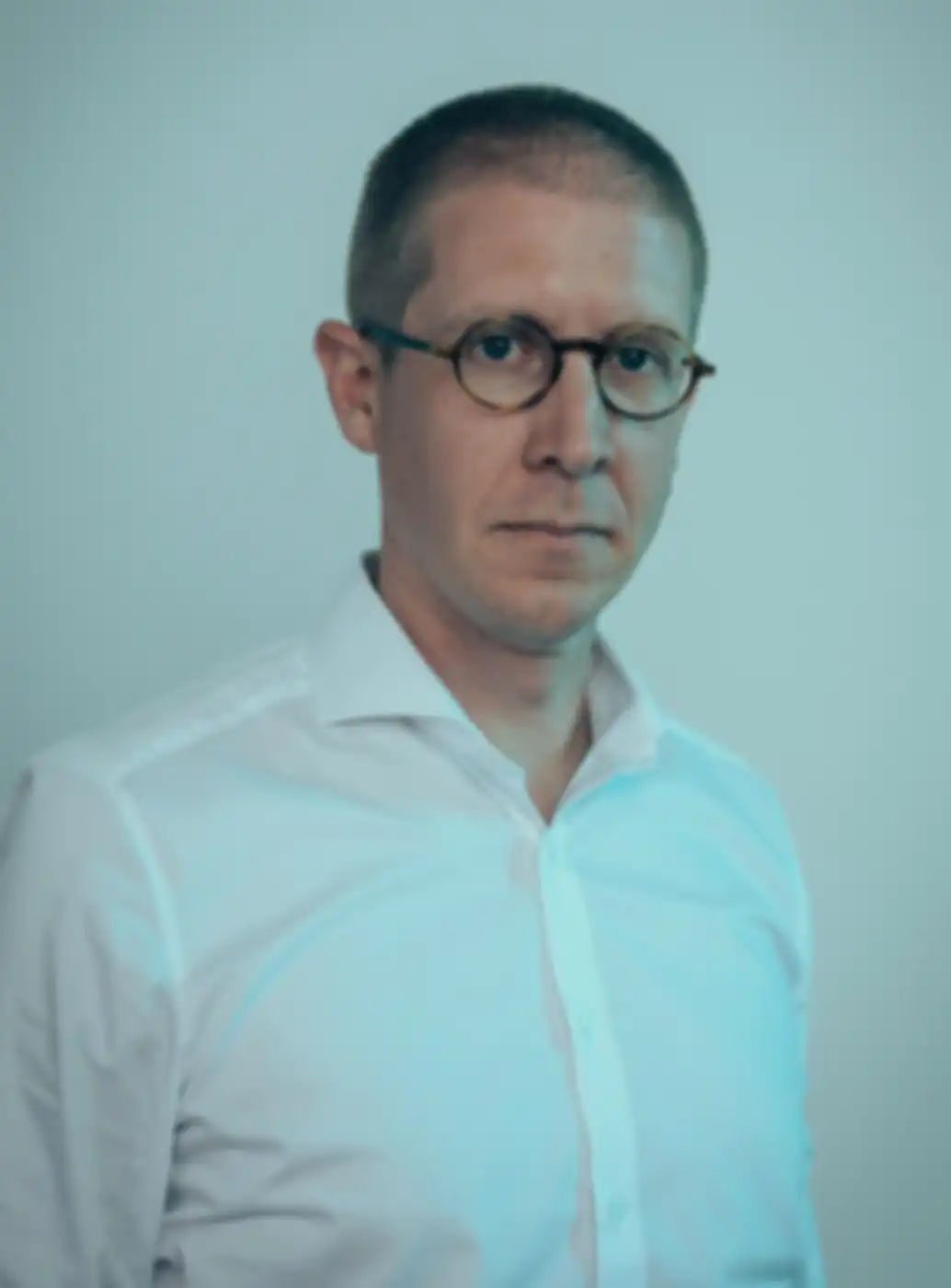

Dieter Willbold is, among other things, a family man, an extremely early riser, a frequent commuter, a jogger, a biochemist, a biophysicist, an eminent authority on prions, an institute director and the founder of a spin-off.
More than anything else, he is the man who is revolutionizing Alzheimer’s research.
THE INNOVATION: THE CREATIVE DESTRUCTION OF TOXIC COMPOUNDS
Alzheimer’s disease. A plague that destroys brains, lives, people in its wake. The process of destruction follows a perfidious and unstoppable path: There are innocuous single proteins (monomers) that occur in the brain. These are the Abeta molecules. These can clump together and somehow manage to become toxic. Even worse: The toxic bundles (oligomers) reproduce at the expense of the monomers and cause the death of increasing numbers of neurons in the brain. Brain mass decreases, and little by little, the sufferer loses everything that once constituted his or her humanity.
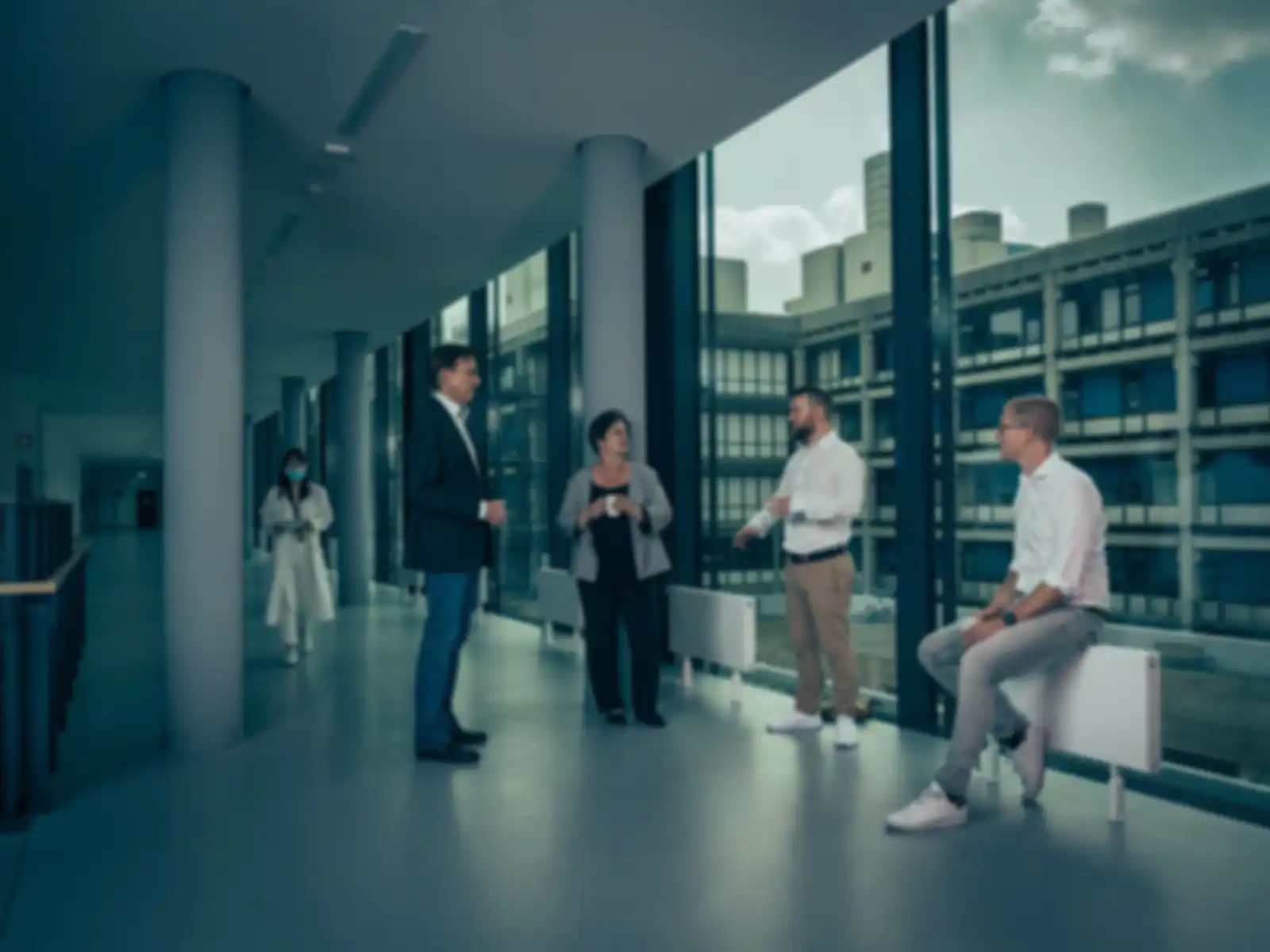
If the toxic structures have been eliminated, this devastating disease can be stopped.
With scientific detachment and meticulousness, Dieter Willbold has been studying this horrifying process for a long time. On the one hand, he has done this as an expert on everything relating to the structure, function and dysfunction of proteins. Above all, however – and this is revolutionary – he brings a foundationally physical, equilibrium-oriented point of view to the task. This is how it became clear to him where the leverage for healing needs to be applied: The idea is to shift the balance between the ‘good’ single protein (the monomer) and the ‘evil’ toxic bundle (the oligomer). And according to Willbold, this is only possible if one introduces an active ingredient that can enter the brain efficiently, where it will then stabilize the monomer structure and split the oligomers into harmless monomers.
It is this virtually magical active ingredient that Dieter Willbold has developed – with his research spin-off, Priavoid. PRI-002 is what is known as an All-D peptide
that can be produced at reasonable cost and easily administered orally (which means that it does not have to be injected intravenously, for example). The active ingredient is important, but the breakthrough innovation lies in the mode of action,
Willbold clarifies. The breakthrough is the process itself, which breaks neurotoxic protein compounds down into harmless monomer building blocks.
And in the calm voice of a physical biologist, he adds: If the toxic structures have been eliminated, this devastating disease can be stopped.
The Phase I clinical trials in healthy volunteers, which focused on the safety and tolerability of the compound, were already completed successfully. In order to further develop the therapeutic together with SPRIND, PRInnovation GmbH, a subsidiary of SPRIND, was founded in August 2021; PRInnovation assumes the tasks and duties of the sponsor of the clinical trial. PRInnovation and Priavoid formed a research collaboration that now employs around ten people to prove the efficacy of PRI-002 in the next step of a Phase II clinical trial in Alzheimer's patients. About a year after the founding of PRInnovation, the chances for this have never been better.
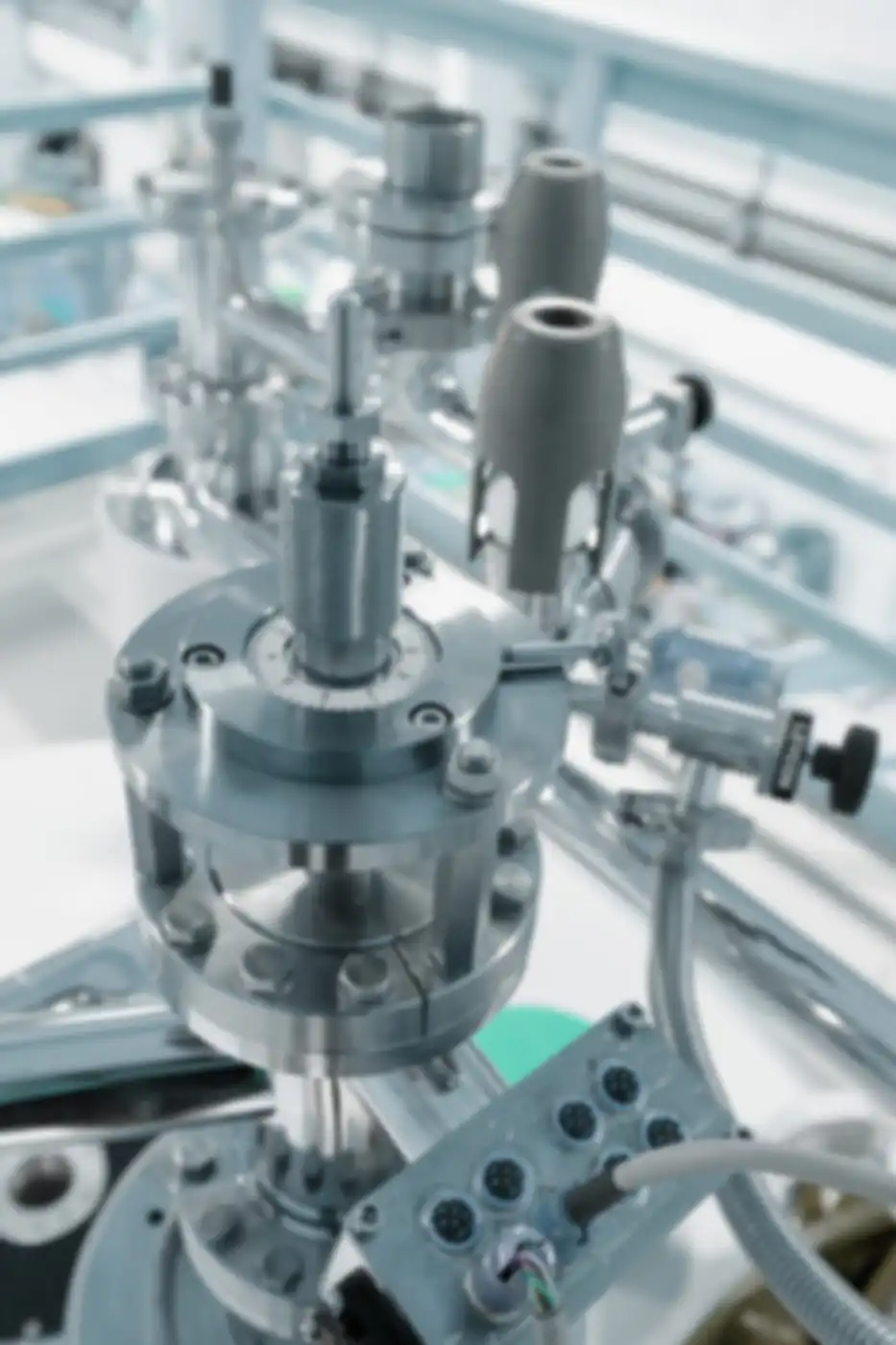
In 2022, a Phase Ib clinical trial involving patients suffering from mild cognitive impairment, a precursor of dementia, or mild Alzheimer's dementia was completed with encouraging results. Among other things, the study medication was well tolerated and there were no side effects related to the treatment. In addition, important findings were obtained on the uptake of the active substance. Especially a treatment over a period of years, as it is necessary in Alzheimer's disease to achieve therapeutic success, requires a high tolerability of the active substance, good practicability of the application and the absence of side effects,
explains Prof. Oliver Peters, who joined the team from the clinical side and is setting new impulses as Chief Medical Officer, the results of the current clinical study with PRI-002 make us feel very positive in this context.
The head of the Memory Consultation Unit and the Center for Dementia Prevention at Berlin's Charité University Hospital, who has been conducting research on Alzheimer's disease for more than 20 years, is concerned with how viable the treatment is in the context of other diseases and necessary concomitant medication. Given the mostly advanced age of our patients, we have to assume that many other medications, such as antihypertensives and blood thinners, are already being taken. It is important to avoid interactions between the medications. In this regard, we are extremely optimistic based on PRI-002's mechanism of action.
The biggest milestone still to be achieved before the Phase II clinical trial, the long-term study with patients with the disease, can start, are the preclinical long-term toxicology studies. The complex safety assessment was already initiated in spring 2021; the studies are still ongoing. If all goes well, Phase II can be applied for, ideally starting in late summer 2023. This will be conducted multicenter, meaning that about 30 hospitals will participate as trial centers with patients in Germany and Europe. No miracles are to be expected that we will suddenly be ready faster, but new hurdles can arise every day that delay our project - especially since we are operating in an extremely dynamic and competitive environment,
says Dieter Willbold. But so far, everything is proceeding pleasingly according to plan.
In February 2025, the successful completion of the recruitment phase for the clinical Phase 2 study PRImus-AD marked a significant milestone in the treatment of Alzheimer's disease in terms of safety and efficacy.
The Priavoid train was already in full swing when PRInnovation jumped on at high speed. Together, we are now even faster - and that's fun.
says Oleksandr Brener, who together with Kathrin Thiem forms PRInnovation's management team.
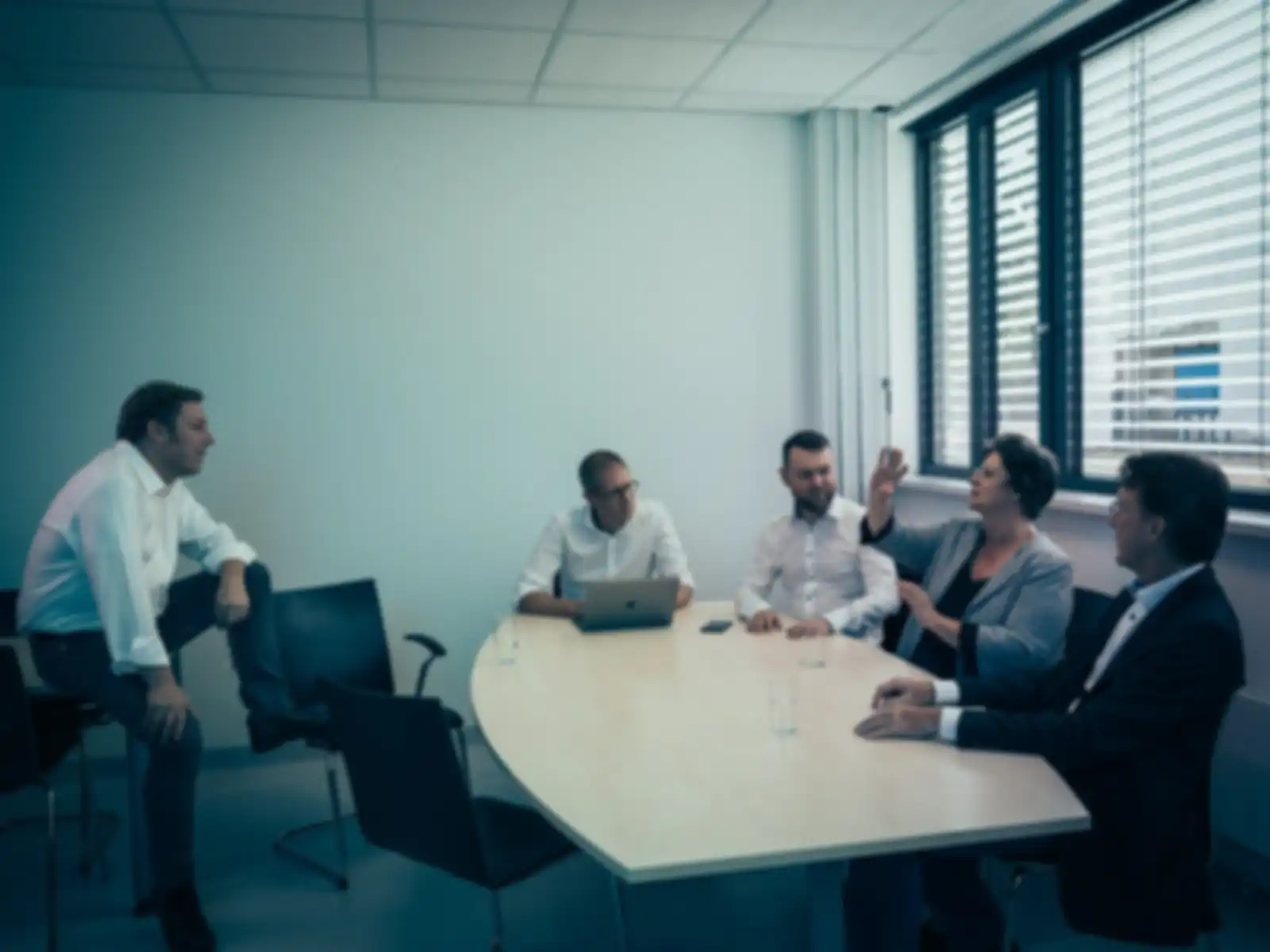
CONTEXT
Dieter Willbold is Professor of Physical Biology at Heinrich Heine University Düsseldorf and Director of the Institute of Structural Biochemistry at Forschungszentrum Jülich. Of course, he does not conduct research alone. He is part of a network of highly competent colleagues and friends in the scientific community. Biophysicist and prion investigator Detlev Riesner encouraged him to establish his company Priavoid: Willbold, this is a great idea. Now you have to get a move on and create a spin-off.
Riesner is the co-founder of several biotech companies, among them the diagnostics company Qiagen. He has also long been friends with Stanley Prusiner, the recipient of the 1997 Nobel Prize in Physiology or Medicine – for his discovery that there are pathogens that consist neither of RNA nor of DNA but of proteins. He dubbed these proteins prions.
The anti-prionic mode of action of PRI-002 inspired Dieter Willbold to call his spin-off Priavoid.
Prusiner himself is so convinced of the groundbreaking developments around PRI-002 that – together with Detlev Riesner and Dieter Willbold – he will serve on the Supervisory Board of Priavoid in the effort to advance this research even further.
Find PRInnovation's Code of Ethics here.
CONTACT PRInnovation GmbH Lagerhofstraße 4 04103 Leipzig Germany info@prinnovation.org
Management Dr. Kathrin Thiem Dr. Oleksandr Brener Local court Leipzig - HRB 39198 VAT ID DE346425760
INFORMATION ON THE PRIMUS-AD STUDY The PRImus-AD study, which was approved by the European Medicines Agency (EMA) on 30.10.23, is investigating the efficacy and safety of PRI-002.
Further information can be found at Priavoid (mode of action of PRI-002) and PRImus-AD (information on the PRImus-AD study). Participating trial centers in Germany and other locations can be viewed via ClinicalTrials.gov - keyword PRImus-AD.
CONTACT PRInnovation GmbH Lagerhofstraße 4 04103 Leipzig info@prinnovation.org
Managing Director Dr. Kathrin Thiem Dr. Alexander Brener Local court Leipzig - HRB 39198 VAT ID DE346425760
WHY WE ARE COMMITTED Because we want to cure Alzheimer's dementia. Because we want to relieve the burden on family members. Because we want to significantly reduce the immense costs and thus the burden on society. Because we are convinced of the efficacy, tolerability and safety of our active ingredient. Because we want to prove the novel anti-prionic mechanism of action against self-propagating, toxic misfolded molecules in patients.
WHAT WE DO Conduct long-term toxicity studies. Prepare a Phase II clinical trial to test the efficacy of our innovative compound in patients with Alzheimer's dementia. Conduct a Phase II clinical trial in patients with Alzheimer's dementia. Collect scientific results and make them available to society.
BLOCKBUSTER POTENTIAL ON THE MARKET Alzheimer's dementia is one of the most care-intensive diseases and accordingly causes high costs for healthcare systems - we want to reduce the high care costs of Alzheimer's patients. Billion-dollar market for Alzheimer's drugs.
PLATFORM VALIDATION New anti-prionic mechanism of action is being validated. If successful, may trigger research into other neurodegenerative diseases of prionic origin.
THE POTENTIAL WE SEE Halting disease progression and curing Alzheimer's dementia. Enabling aging with dignity. An enormous enhancement of Germany as a business and science location. World improvement.
